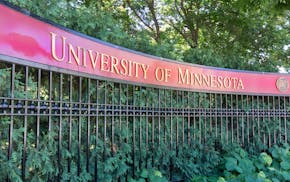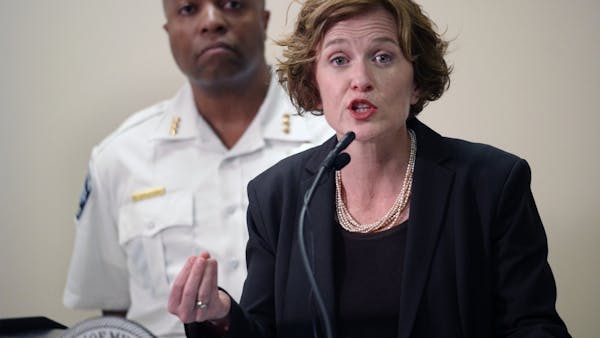The state Bureau of Criminal Apprehension on Tuesday offered brief answers to a list of questions related to its investigation into the fatal shooting by a Minneapolis police officer of Justine Damond in south Minneapolis. The BCA said questions about what happened to the possible assault that was the reason for Damond's call to 911 late Saturday would have to be answered by the city of Minneapolis and the Police Department. It also said the city and police would have to respond to questions about whether the officers were violating department policy by not turning on their body cameras. Some of the other questions and answers:
Q. Why was one officer interviewed, and the other was not?
A. Under the law, the BCA cannot compel the testimony of either officer.
Q. How long will the investigation take?
A. The BCA is proceeding as rapidly as possible without compromising the integrity of the investigation.
Q. The first officer was interviewed more than two days after the incident. Can officers talk with other people about the incident before talking to investigators?
A. Each agency has its own policies. There are no laws restricting an individual's right to speak to others after an incident.
Q. When can we get the video and other information from the investigation?
A. Under state law, certain information related to an investigation becomes public when all investigative and court processes are concluded. The law says investigative data is confidential or protected nonpublic while the investigation is active.
Q. What's left to do in the investigation before it is turned over to the Hennepin County attorney's office?
A. Unless someone else comes forward, the BCA does not have additional interviews scheduled at this time. Forensic testing is being completed and all evidence must be examined. It is common for a county attorney to request follow-up information when reviewing a case.
Q. What is BCA responsible for and what is the Police Department responsible for?
A. The BCA's investigation is limited to determining the facts of the shooting incident. Any review of department policy, including use of body cameras, would be done through the Minneapolis Police Department internal affairs process.
Q. Why did the officer not agree to be interviewed?
A. That question should be directed to the officer or his attorney. The BCA cannot compel an officer to provide an interview.
Q. Can Damond's 911 call be released and by which agency?
A. Minnesota law (Minn. Statute 13.82 subd. 4) says the audio recording of a 911 call is not public; however, a written transcript of the audio recording is public, in this case, from the Minneapolis Police Department.
STAFF REPORTS
'Human error' behind Robbinsdale shelter-in-place alert that was mistakenly sent countywide

Going to Wolves or Twins tonight? How to get there (and maybe avoid traffic).
Focusing on bringing football film into frame

